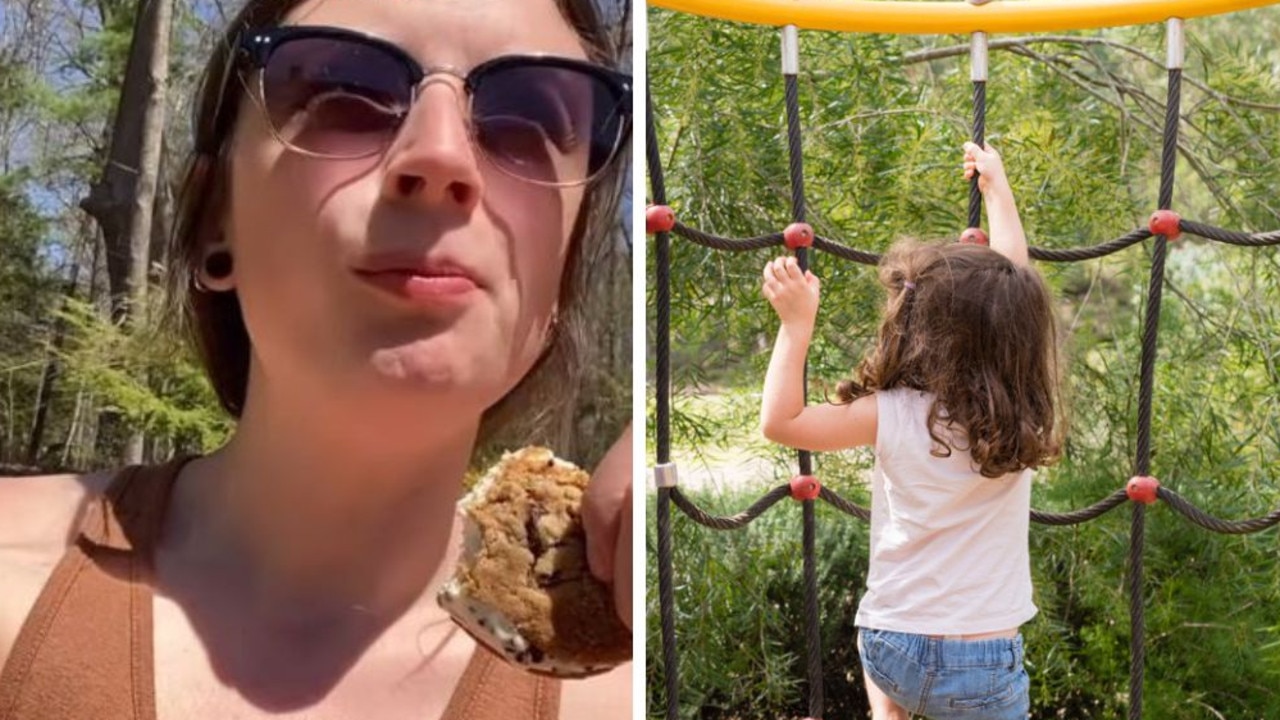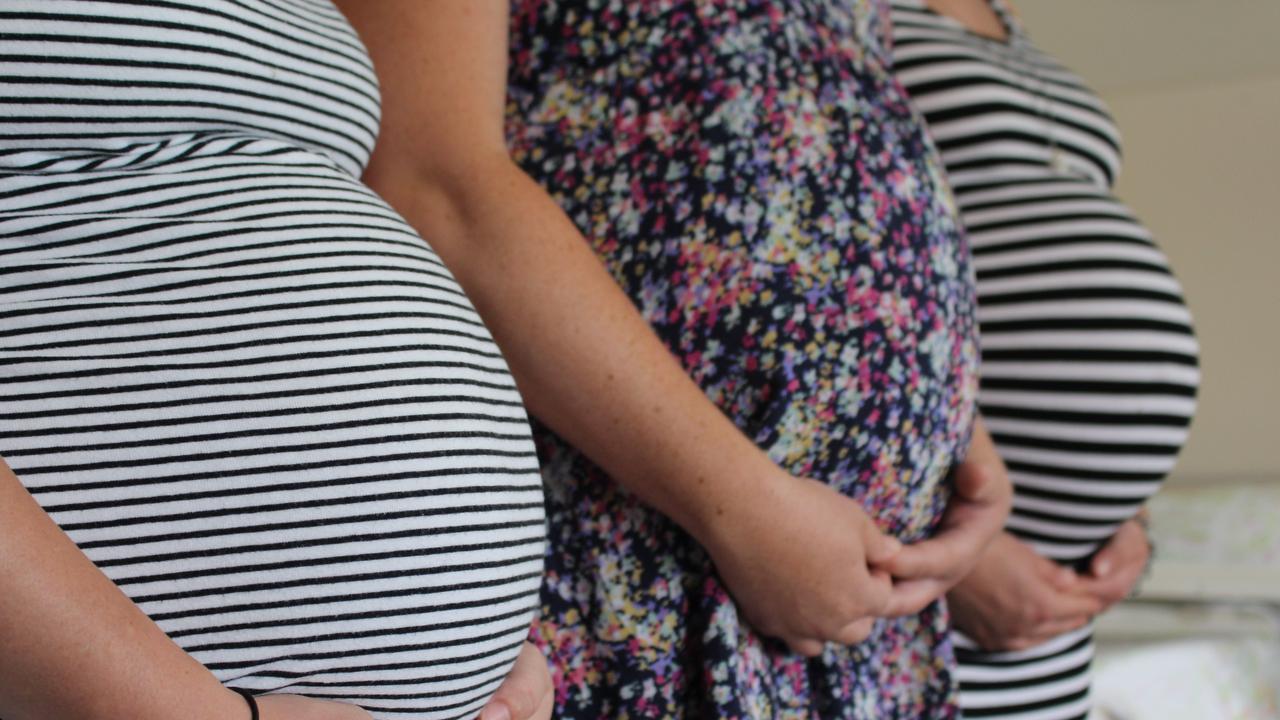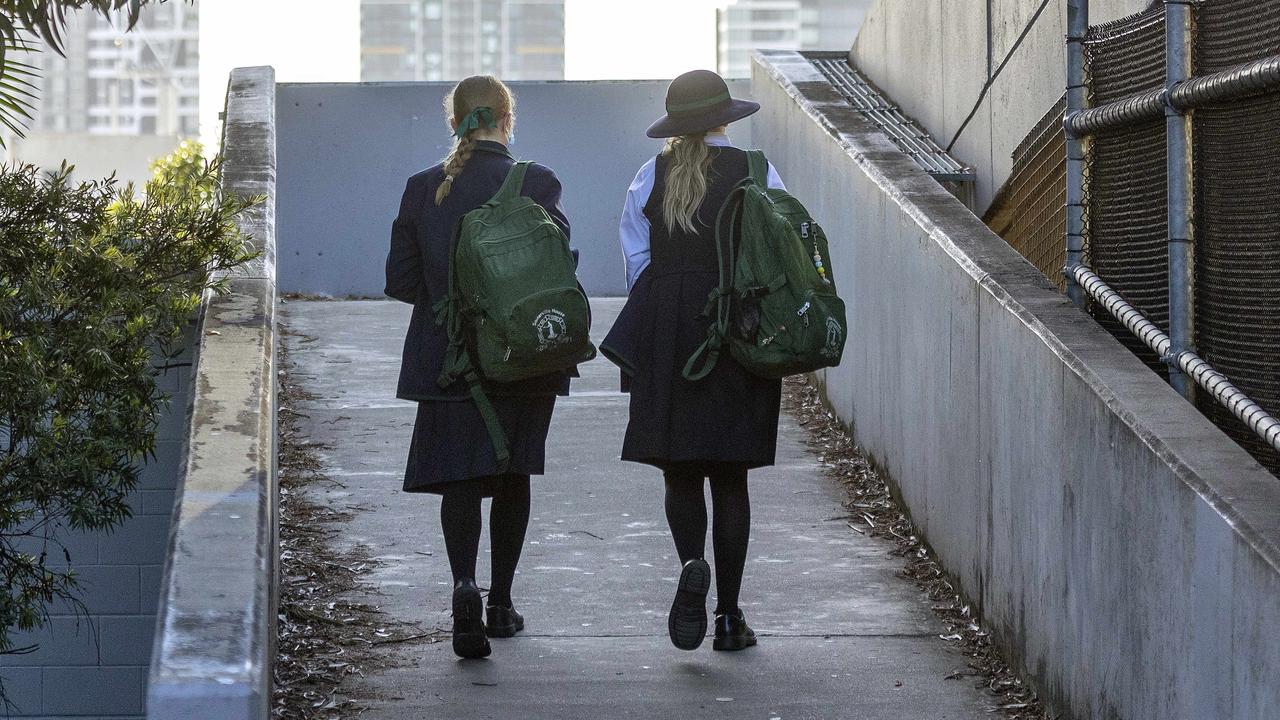Sydney girl Grace, 8, needs help, is one of two people in the world with super rare condition
Little Grace Maly is living inside a body that does not match its brain. She is one of just two people in the world with this super rare condition.
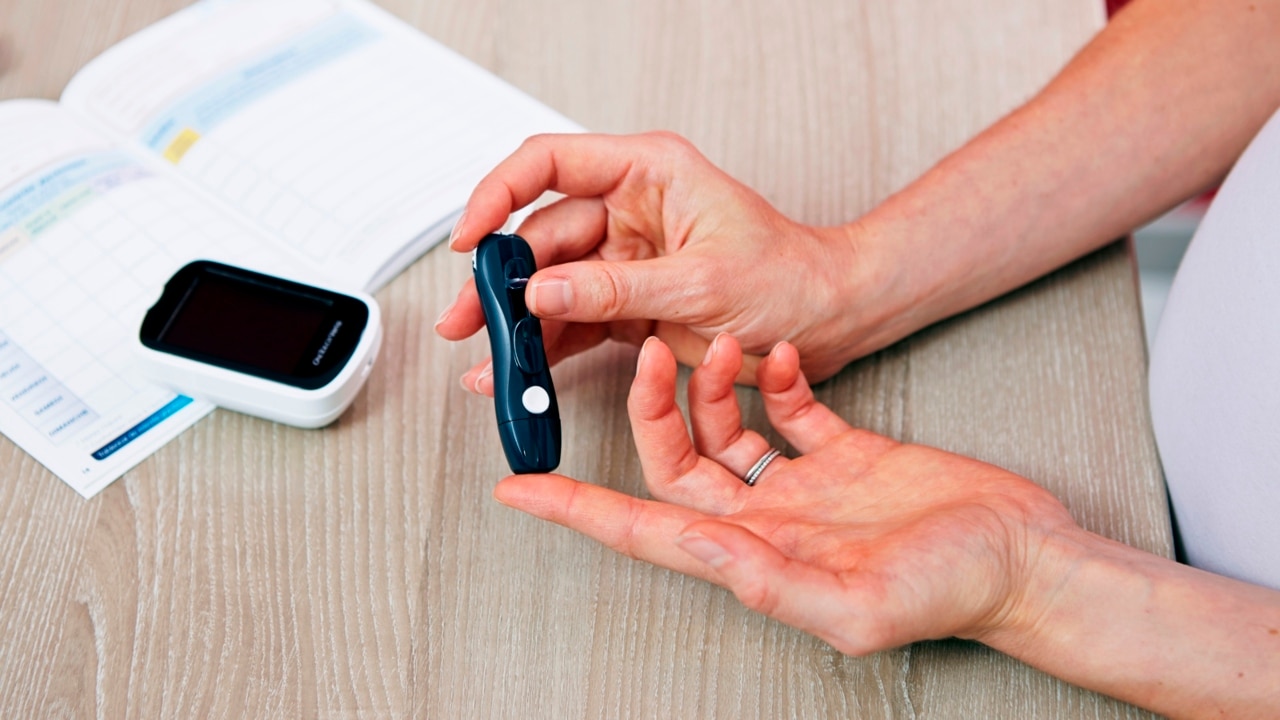
Little Grace Maly points to herself and asks a single, heartbreaking question that her mother cannot possibly answer … “Why me?”
It is the same question the mum from St Ives on Sydney’s upper north shore has asked herself countless times.
Grace, 8, is trapped inside her body. Her brain functions like every other child her age but her body refuses to co-operate.
She is one of just two people on the planet with her condition — one that means she has no intellectual impairment but cannot walk, has difficulty sitting unassisted and speaking is extremely difficult.
When she is fatigued or sick, she does not speak at all.
“Her receptive language is all in her head, all age appropriate,” Grace’s mum Emma told news.com.au this week.
“She understands everything. She’s not intellectually impaired. That’s all been tested. She’s very intelligent. As she’s getting older, she gets frustrated if we don’t understand her.”
That frustration can show itself in multiple episodes of abnormal movements throughout the day.
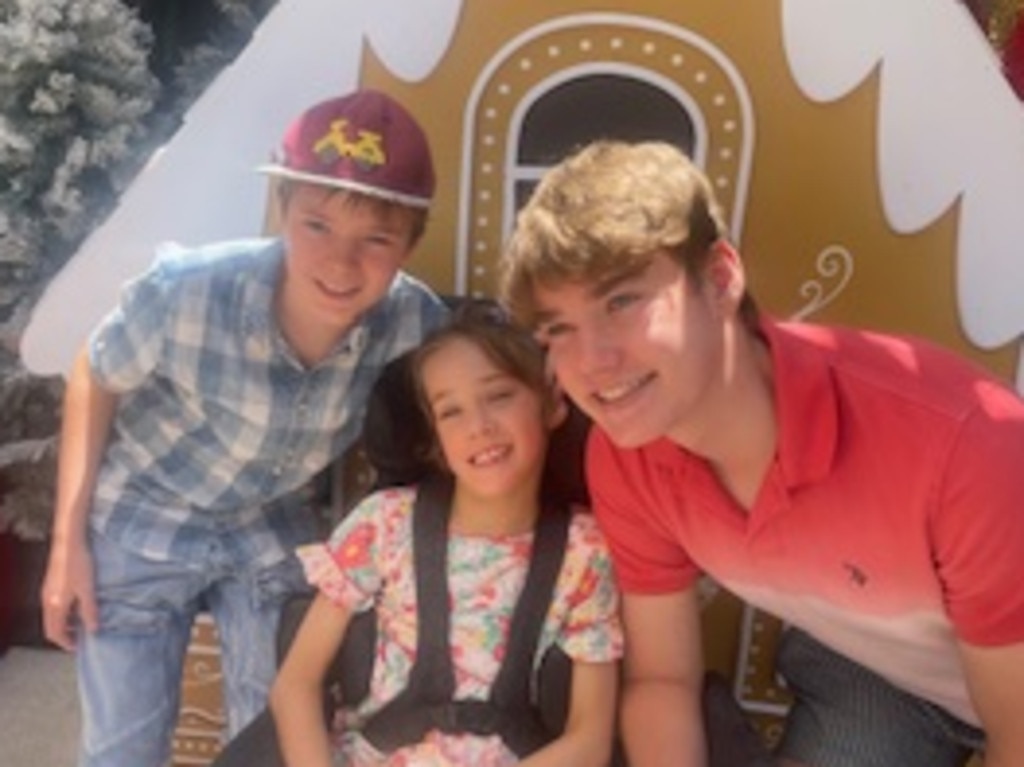
Despite her condition — known as ADCY5 Familial Dyskinesia — and despite her frustration and confusion, Grace lives her life with a giant smile on her face.
“She loves life,” Emma says. “She lights up when she sees her brothers (Will, 16, and Oliver, 13).
“She loves playing pretend vets, dolls, playing with her friends at school. She’s got an amazing compassion. I feel like she teaches us all to be so grateful.”
‘She went floppy’
Everything seemed fine when Grace came into the world.
“She was our pink bundle of joy,” Emma says. She rolled back and forth at the four-month mark and seemed to be hitting all her milestones.
A gastro bug hit her soon after and her mum says she “failed to thrive”.
“She went floppy. I’ve got a nursing background and I remember saying to the pediatrician ‘something’s not right’.
“He said to put her on solids at four months and she was gagging on that. At six months, he said ‘I think we’ve missed something’. And I said, ‘I haven’t missed anything. I’ve been saying something’s wrong the whole time’.”
What came next was an “agonising” three-and-a-half year wait for a diagnosis. And when one finally came it was “bittersweet”.
The good news was that Grace’s condition was not degenerative and that her life expectancy was the same as everyone else’s.
The bad news was that there was no help available.
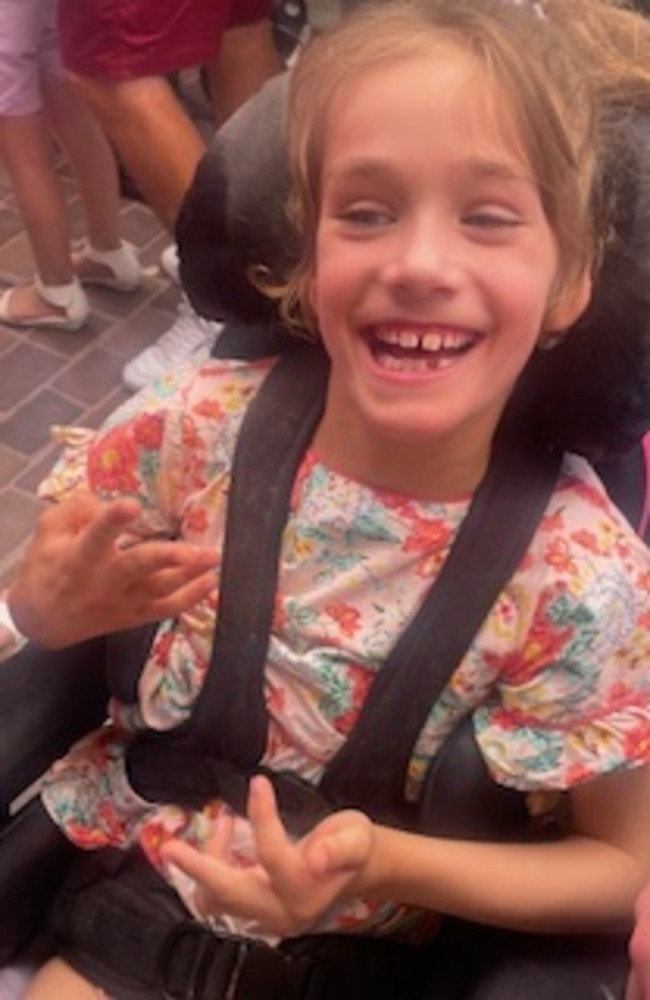
“It was great to know what she had but there was a real sense of sadness,” Emma says.
“I remember doctors saying ‘your child has this but unfortunately we don’t have anything to help you’.”
Part of the problem is that Grace’s condition is so incredibly rare. There is a hierarchy of disorders that get priority for research grants. At the top are those where there are a greater number of patients. Next are disorders where patients are terminal. Grace’s condition fits neither category.
But there is hope for her. Associate Professor Wendy Gold from the Children’s Medical Research Institute at Westmead is on board to lead vital medical research into Grace’s condition, but her work needs urgent funding.
With help, and the ultimate goal of gene therapy, Emma believes Grace would be able to walk and play with her friends. She calls it her “dream for Grace”.
While Grace works hard to get stronger every single day, she does so with a smile.
There are no answers for her heartbreaking question. But there is hope that help is on the way.
If you’d like to support the work being done by the Children’s Medical Research Institute to help Grace,please donate to her fundraiser.


